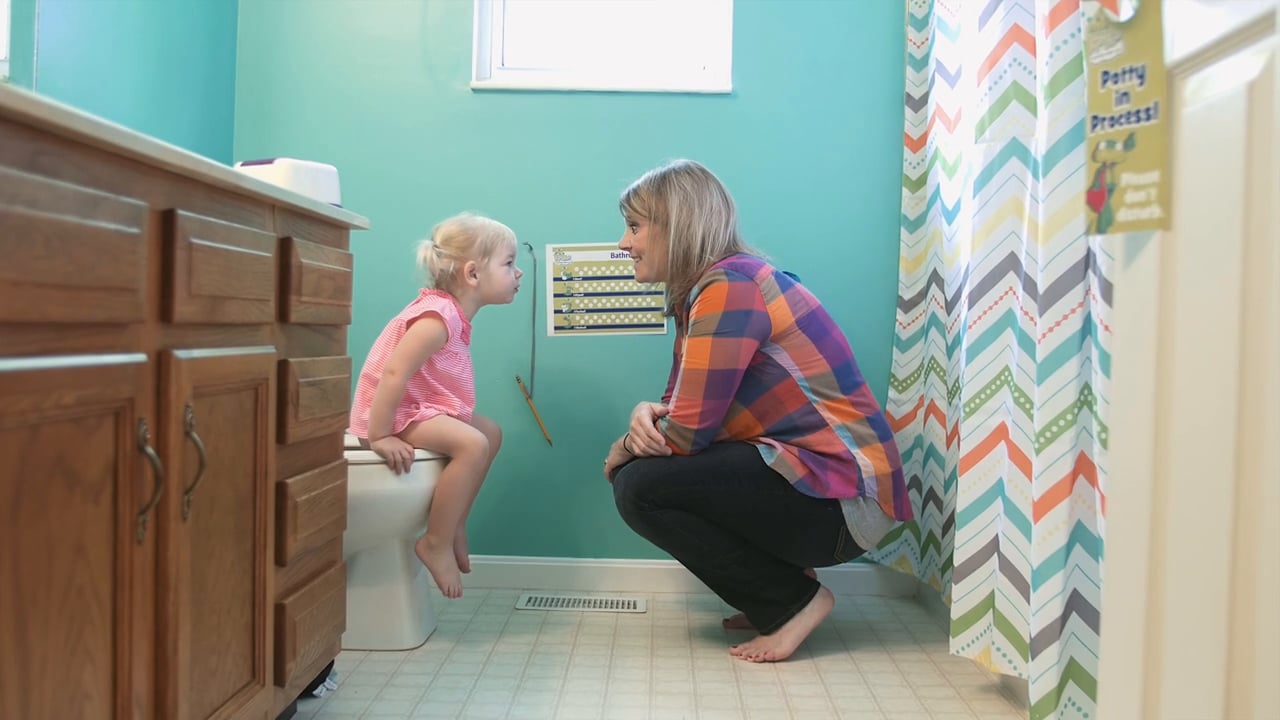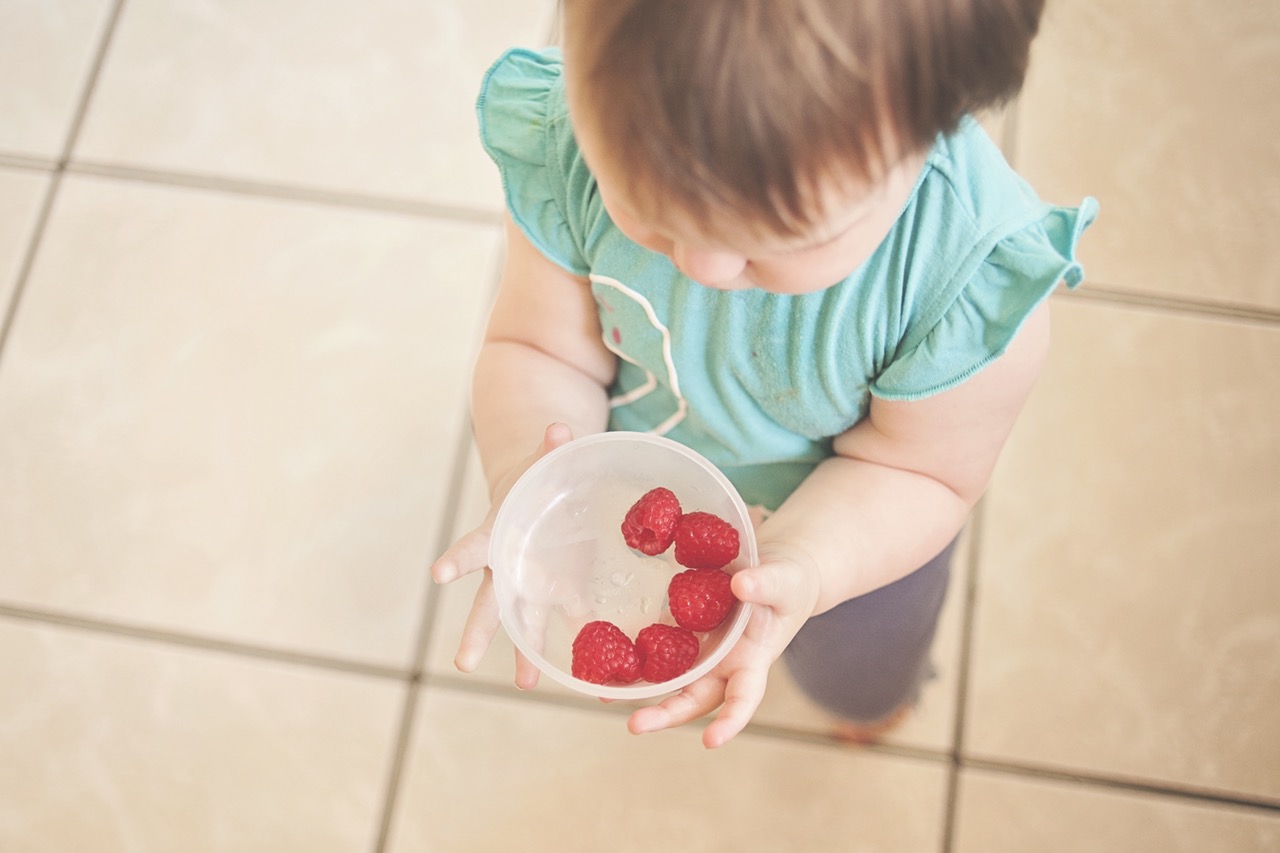I always marvel at how some parents and celebrity parents I see on social media manage to potty train their kids early, some at only months old. How are they able to do it?
This said, there is no one magic formula or way to potty train a child as one is different from the other. And while training your kid to pee and poo in the big potty can be stressful, it really doesn’t have to be! Here are 5 real-life advice to help lessen the dread and stress you may feel when you’re thinking of starting to potty train your little one as well as lighten your load when actually doing it.
There is no exact right age to potty train your child so don’t feel pressured.
Children can’t control their bowel and bladder movements before they turn 1 year old. Some kids may show readiness at being potty-trained early but still can’t control elimination. 2 ½ – 3 years old is the general age parents start training their kids to use the toilet. However, some kids may not yet be ready or interested to learn until they turn 3 and even 4.
So, there’s no need to feel the pressure when you see fellow mothers starting the potty training at an early age as this depends on the readiness of your child. Rest assured, he/she won’t be in diapers forever.
Here are some signs you can look for to see if your little one is ready to be potty trained:
PHYSICAL SIGNS:
- is able to walk and even run in a coordinated manner.
- has a fairly predictable pooping time and lets out a considerable amount of pee when urinating.
- doesn’t pee when napping or goes through “dry spells” of at least 2 hours [this shows the bladder muscles are developed well enough to hold urine].
COGNITIVE SIGNS:
- already understands simple instructions.
- can already recognize the signs when he/she has to go to the loo, tells you or holds it off until he/she reaches the potty.
- uses his/her own terms for urine and poop.
BEHAVIORAL SIGNS:
- already knows how to pull his/her pants up and down
- doesn’t like to wear wet or dirty diapers
- shows interest in the toilet habits of others like peeing or donning on underwear
Put in mind that daytime and nighttime dryness are two different matters and should be treated as separate milestones.
Being successful in potty training your child during the day doesn’t mean you have to forego the nappies altogether. Remember, daytime dryness is different from nighttime dryness. Your child may be apt to use the potty during daytime but sleeping at night means accidents are most likely to happen. Oftentimes, children reach 3-4 years old before they stop wetting the bed. But some kids don’t stop until they’re 6, 7 or even older.
When this happens, assure your child that there’s nothing wrong with him/her. Encourage him/her to wake up in the middle of the night to pee and that it’s okay to also wake you up whenever he/she wants to use the potty so that you can accompany him/her.
Be very, very, very patient.
Successfully potty training your kid is not just finding the right equipment but also having the right attitude especially an extra dose of patience. If you set about potty training, do so on days when you don’t need to leave the house as doing it at home is easier and involves lesser hassle. Forego the nappies. You can let your child go about in training pants or underwear.
Then, here’s the part where you need your patience intact — put your child on the potty every 10 minutes or so. This way, he/she will get used to using the toilet. The next day, move up from 10 to 15 then to 20 and so on until your child learns to pee on his/her own.
It also helps if you demonstrate visually how one uses the toilet bowl. This is especially crucial for peeing boys. You can ask your husband or any close male relative to do it.
Bribery is highly recommended!
Yes, most parents I ask admit to using bribes to potty train their kids especially when it comes to pooping. One parent swears to using M&Ms as a reward when her child successfully use the loo — one to two when she goes to the potty and four to five when she wipes herself on her own. Another uses penny to positively reinforce the use of the potty.
Aside from a little bribery, you can use praise to encourage your little one to go to the toilet whenever he/she needs to poo or pee. Compliment him/her on his/her toilet achievements but don’t be too quick to criticize whenever there are setbacks and accidents.
If none of the potty training tricks work for your kid, take this one mom’s advice — put him/her in big boy/girl’s underwear and potty train from there. The sudden switch works for some kids and the mom swears that though the day she decided to do it warped into a very tiring and very long day, two days after, her son got the hang of it and was potty trained with minimal accidents.
I hope these advice help you as you potty train your child!




